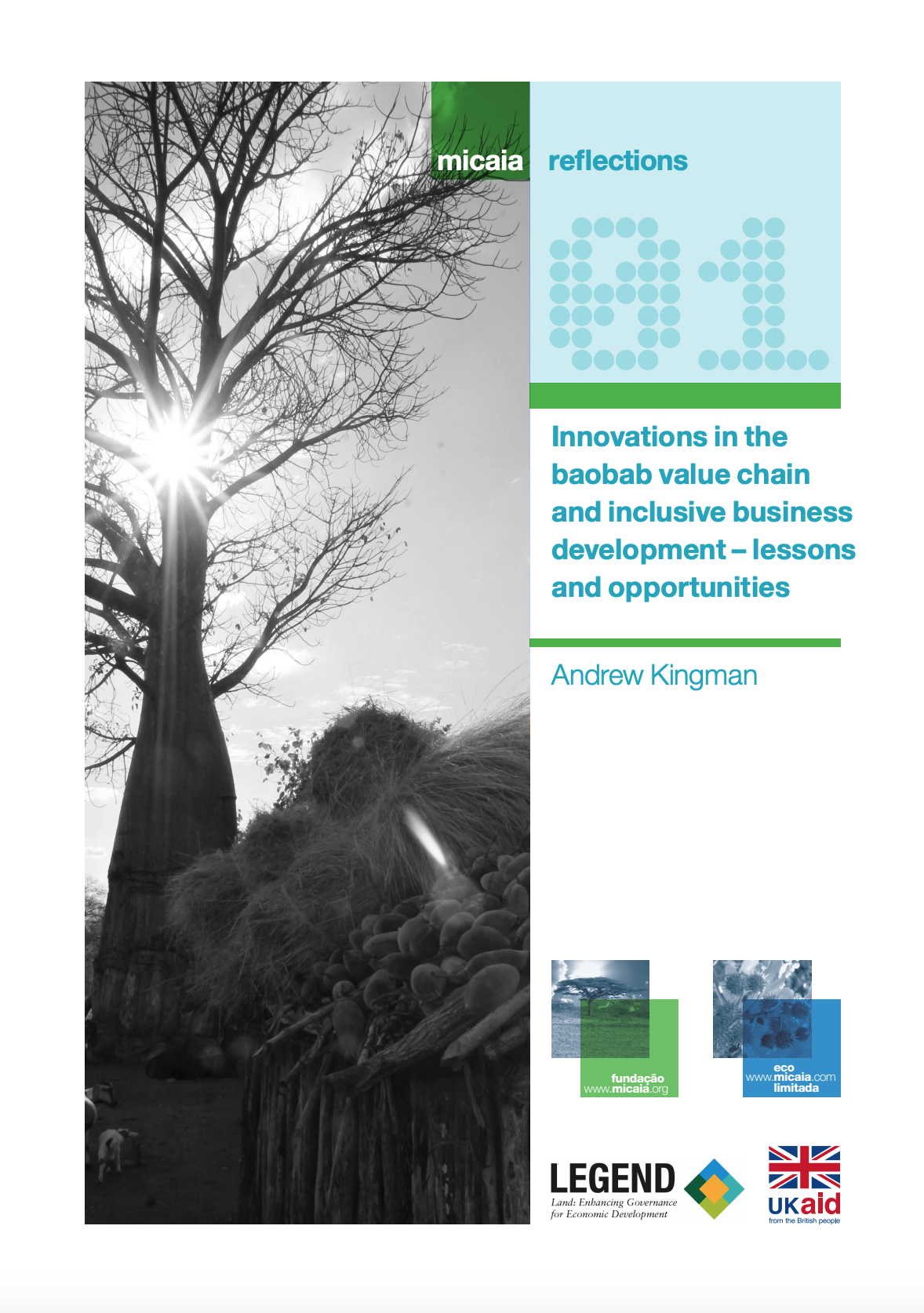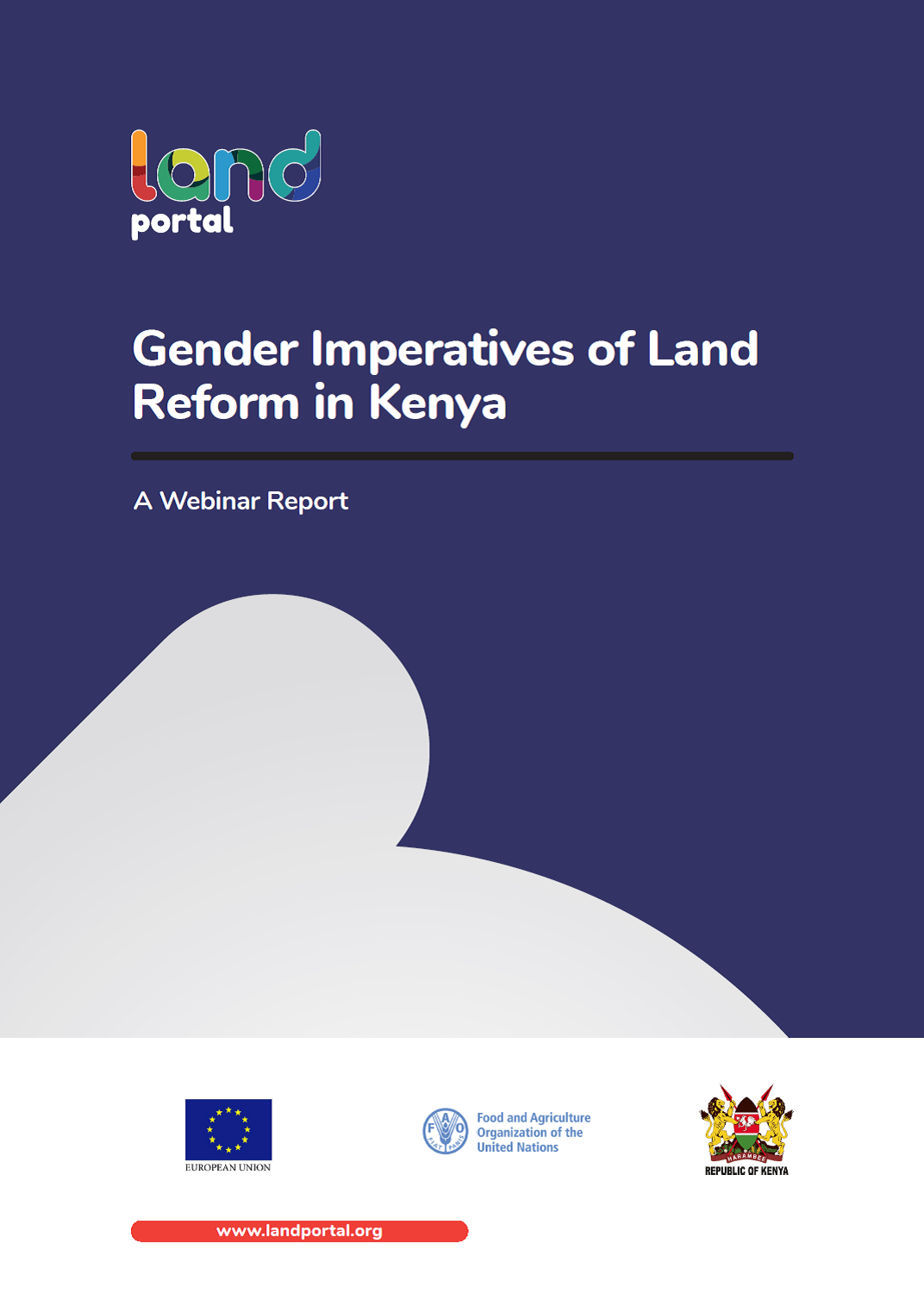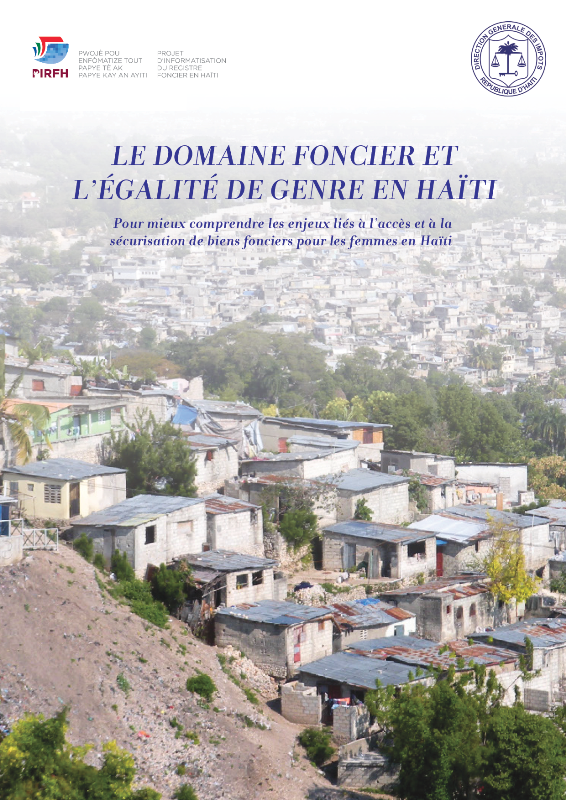WOMEN’S LAND RIGHTS IN SETTLEMENT SCHEMES IN KENYA
Women’s rights to land remain a contested issue in Kenya despite the acceptance of the principle of equality of the genders in law. The 2010 Constitution of Kenya clearly provides for the principles of equality and non-discrimination at Article 27. Moreover, in the land policy principles and the national values and principles of governance, gender equality is included. Despite these clear provisions however, gender inequality in land relations persists. The patriarchal social ordering that privileges men in land holding has been a greater barrier to women’s land rights.









